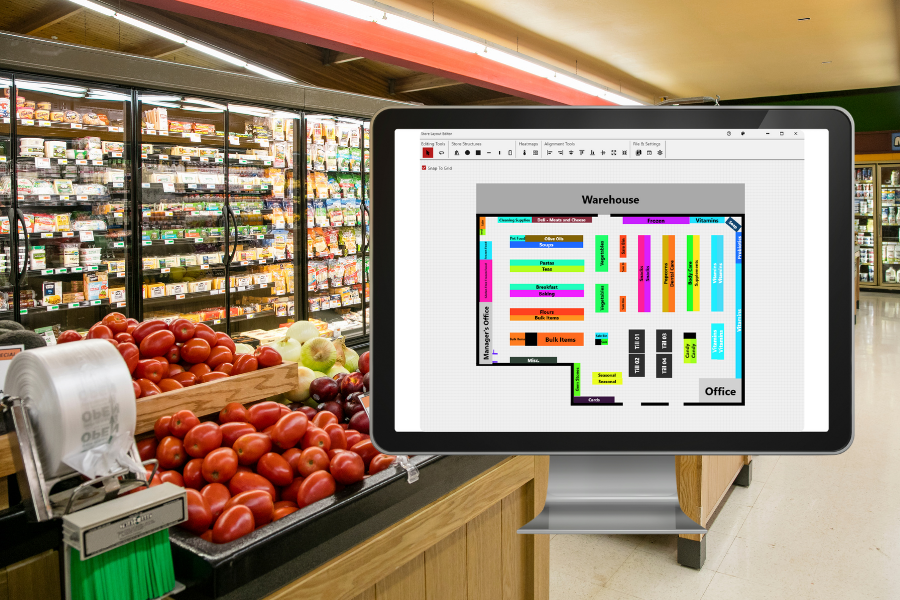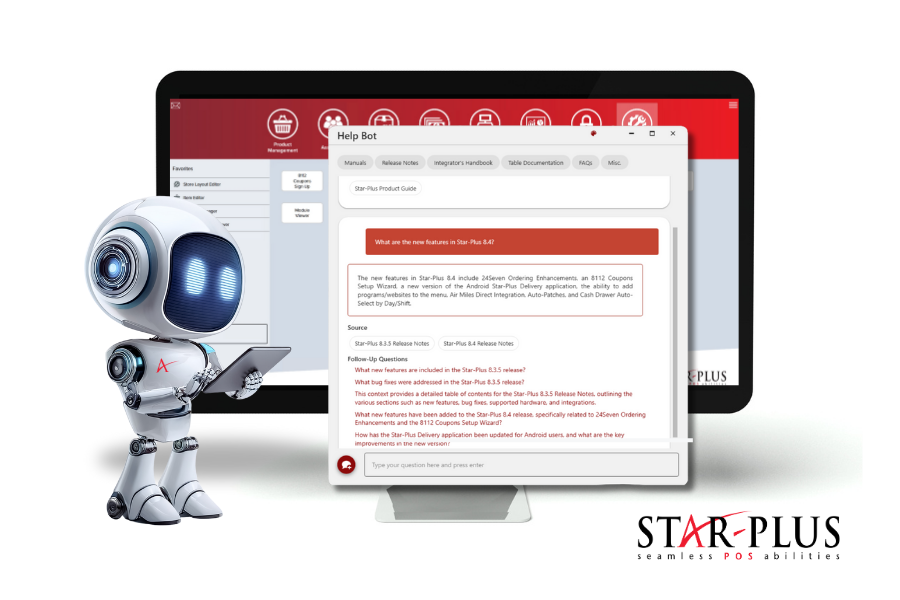The world of retail is evolving rapidly, and ethnic markets are at the forefront of this transformation. According to the World Economic Forum, there are an estimated 272 million international migrants, making up 3.5% of the world’s population. This number has already surpassed some projections for 2050. The U.S. is the primary destination for migrants, with India, Mexico, and China being significant sources of international migration. As these consumers relocate, demand for local, regional food products has grown significantly, making ethnic markets one of the breakaway trends in grocery. Here we will take a deeper look at this niche market and the technologies retailers want to pay attention to as they provide international products to their communities.
Ethnic Markets Defined
Ethnic foods originate from the heritage and culture of an ethnic group that uses their knowledge of and access to local ingredients. Supermarkets in this industry provide retail food to specific ethnic groups, with Asian, Italian and Hispanic foods holding most of the market share. These ethnic markets carry mainly specialty products not found in mainstream supermarkets.
Opportunities for Growth
- Global Trends: The 2020 pandemic and social distancing requirements led many customers to cook more at home, pushing them to try new ingredients and recipes, sending many to ethnic stores. With the rise of inflation many are continuing to cook at home to bring down their household expenses.
- Low Competition: Large cities often serve small ethnic communities, and competition within the industry is limited as product offerings vary based on the store’s demographic. For example, Hispanic-focused markets will not face significant competition from Asian markets and vice-versa. This low competition provides opportunities for growth.
- Expanding Market: The global ethnic food market size was valued at $81.59 billion in 2023 and is projected to grow from $86.90 billion in 2024 to $153.21 billion by 2032.
Point of Sale Technology Designed for Ethnic Markets
Inventory management
Efficient inventory management is crucial for ethnic markets, given the unique products they carry while dealing with the complex logistics of an international supply chain. Ethnic markets should be looking for a Point of Sale (POS) that offers several features tailored to these needs.
- Smart Inventory Ordering: To manage long lead times when ordering international products, look for time saving features like suggested ordering.
- Bulk Buying and Repacking: Look for a POS that will manage the parent/child relationship of bulk products: like grains and spices broken down and repacked into smaller retail sizes. This is important to enable proper inventory management and accurate margin reporting.
- Automated Inventory Input: A POS warehouse file import reduces implementation time and can handle large quantities and varieties of data.
Wholesale Operations
Ethnic markets are often smaller in scale as they commonly serve smaller communities, however with the right technology this doesn’t have to mean limited revenue. Ethnic Markets can position themselves for long term growth by importing goods for resale to other stores and restaurants. Finding a powerful warehouse management tool that integrates the POS software will ensure business will growth. Here are the features to look for.
- Wholesale Business Management: Manage and track wholesale business relationships with negotiated pricing for specific product lines, customers or groups.
- Professional Quotes and Invoices: Print or email full-page quotes and invoices with specific terms and conditions.
- Charge Accounts Management: Manage charge accounts with specific terms and conditions, including payment terms, account limits, and interest charged. Batch and send month-end statements automatically by email.
- Delivery Management: Market and deliver products to local businesses with full accountability by assigning drivers and tracking deliveries.
- Sales Performance Tracking: Monitor sales performance by tracking individual sales made by each salesperson, rewarding them through a flexible commission structure.
Multi-Language Support
- Multi-Language Support for Shelf Tags: Reduce language barriers and make customers feel at home with clear messaging in their native language.
- Self-Checkout: Relieve long checkout lines during high traffic times with a self-checkout the has easy implementation of multiple languages for voice prompts.
- Receipts in Multiple Languages: Make sure that customers can receive receipts displaying a secondary language for the products they purchase.
As the global population becomes increasingly diverse, ethnic markets represent a thriving and dynamic segment of the grocery industry. By catering to the unique needs of various ethnic communities, these markets not only provide familiar and beloved products but also introduce new flavors and culinary experiences to a broader audience.
Investing in the right technology, such as advanced POS systems with features tailored for inventory management, wholesale operations, and multi-language support, can empower ethnic markets to grow and prosper.
As we look to the future, the continuous growth of ethnic markets will play a crucial role in shaping the retail landscape. By understanding and meeting the evolving needs of diverse populations, retailers can seize opportunities for expansion, innovation, and enhanced customer loyalty. The rise of ethnic markets is more than just a trend—it’s a testament to the power of cultural diversity and the universal language of good food.












